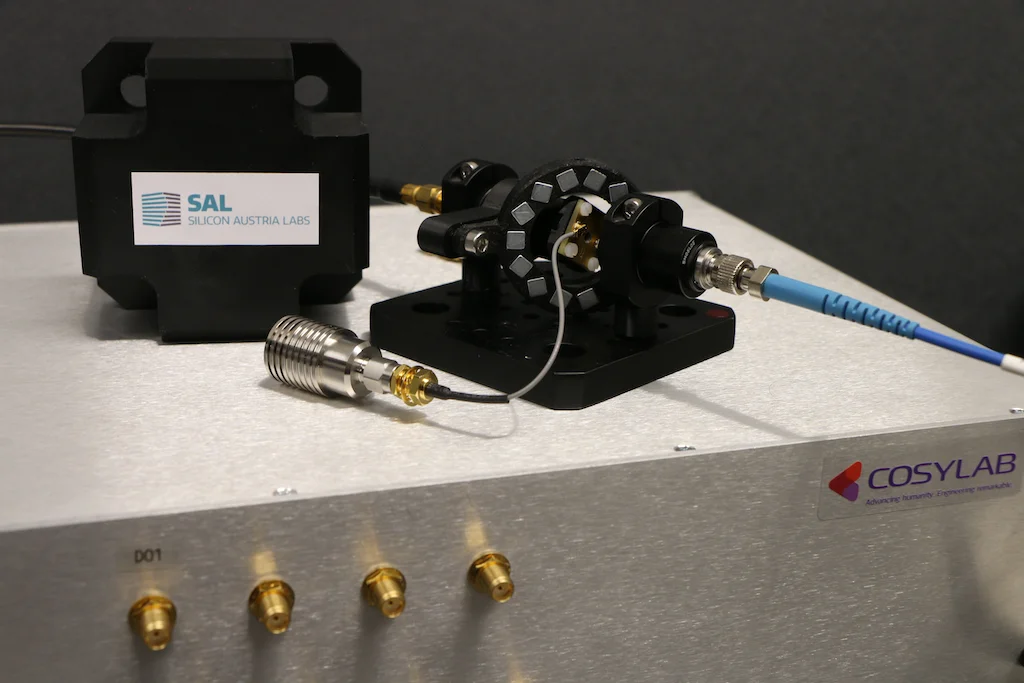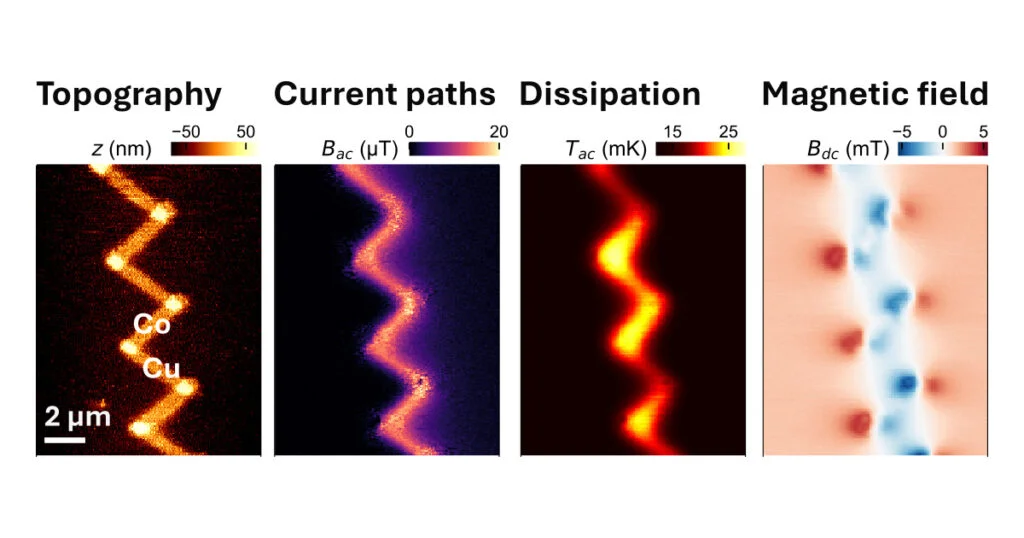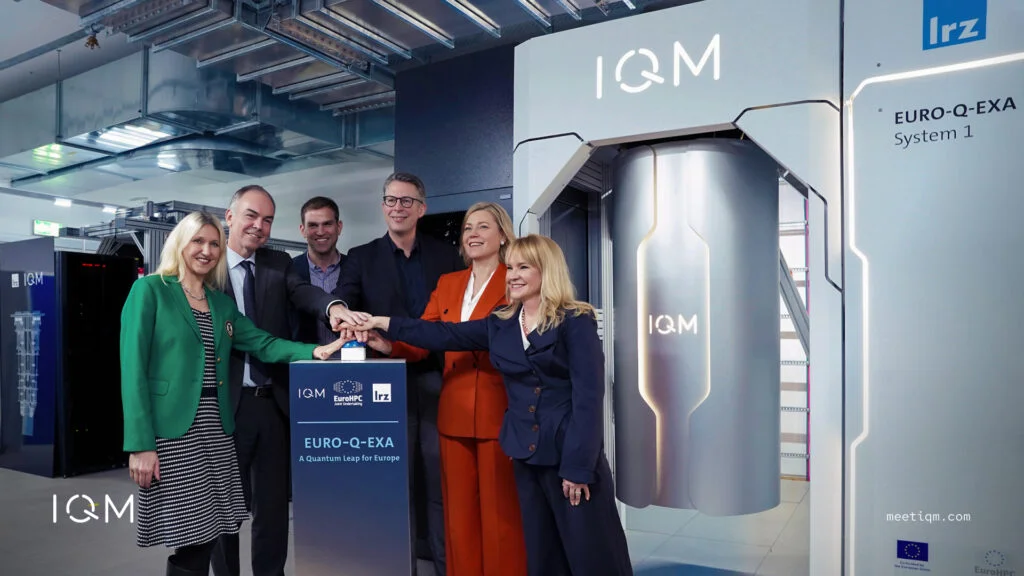Guest Post from Centre for Engineered Quantum Systems (EQUS)
In 2017, the Centre for Engineered Quantum Systems (EQUS) launched its second chapter with an ambitious goal: to engineer not just quantum devices, but an entire ecosystem — one that linked discovery, application, and community.
Seven years on, the impact of that approach is clear. EQUS has helped reshape how quantum science is done in Australia, laying the groundwork for a new generation of researchers, start-ups, and scientific collaborations. The Centre has now concluded its funding term, but the culture it fostered — and the people it empowered — will continue to shape the field well into the future.
From Lab to Lasting Impact
EQUS researchers published more than 780 papers, averaging 720 citations annually, with influence across a wide array of fields: from astrophysics to economics, from chemistry to optics. Yet beyond the metrics, the Centre’s most transformative impact may lie in the culture it helped build.

“We decided early on to try things that could fail. We set KPIs for translation and equity — and backed them with funding. That gave us room to change how physics is done.” – Andrew White, Centre Director
At the heart of this was EQUS’ Translational Research Program (TRP), an initiative that gave early-career researchers space, support, and permission to explore how their work might be applied in the real world. More than 20 new companies, tools, and open-source projects emerged as a result — compared to just three nationally in the 20 years prior.
What made the difference? Trust and design. By removing barriers to entry and designing processes that encouraged action rather than competition, EQUS turned translation into a shared goal across the Centre.
“There was always interest. What we lacked was infrastructure — time, trust, small pots of money, and permission to try. Once we built that, things moved fast.”
The model proved so effective it was adopted by other Centres, including FLEET. EQUS staff were even seconded to help others roll it out, reinforcing the Centre’s commitment to shared success.
Engineering Equity
Alongside translation, EQUS placed equity and inclusion at the core of its mission — particularly addressing the drop-off in participation by women at the postdoctoral level.
“We were hearing from women in the Centre that the real problem was the pipeline. So we created a program that tackled it directly.”
That program became the Deborah Jin Fellowship, a women-only postdoc scheme designed to attract top talent. Six outstanding fellows have since joined EQUS through the initiative, helping to rebalance representation and shift hiring cultures across the sector.
This wasn’t an isolated effort. EQUS also held evidence-based journal clubs on equity, hosted Wikipedia edit-a-thons, and integrated these issues into its broader culture and training.
“Physicists love evidence. Equity just needed a delivery method that worked in our language.”
Investing in People, Not Just Projects
From the National Quantum and Dark Matter Road Trip to the Idea Factory, EQUS created platforms for researchers to collaborate, communicate, and take ownership of their work in new ways. Its community now extends well beyond Australia: at least six Chief Investigators have moved on to senior roles globally, while many ECRs have founded companies, led research groups, or launched new programs at home.
“Our people are our greatest legacy — and we’re proud of that.”
To expand its reach beyond the lab, EQUS launched a massive open online course (a “mooc”) — Quantum Technology for Decision Makers — designed for public servants, executives, and educators. With more than 500 enrolments in its first year and no marketing, it’s already drawing international interest.
“Quantum is everywhere in the media. We wanted to help decision-makers separate science from sci-fi. Give them a good bullshit filter.”
What Comes Next?
While EQUS formally concluded in May 2025, the work continues through its alumni, its programs, and the culture it helped seed. The Centre didn’t just chase scientific breakthroughs — it engineered a system that could support people, ideas, and ambition in equal measure.
“Quantum isn’t about chasing headlines. It’s about solving hard problems—with the best tools we’ve got. And now, those tools are engineered, reproducible, and increasingly translatable.”
And for those looking to follow in EQUS’ footsteps?
“We never gatekept the model. If someone wanted to copy what we built—great.
A rising tide lifts all boats,” concluded Andrew.















